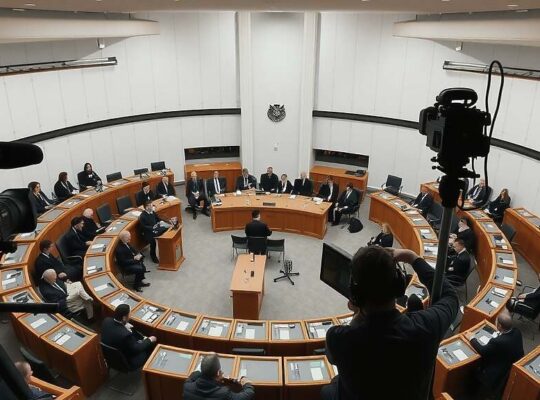The respite for Germany’s forests from the devastating bark beetle infestations appears to be temporary, according to the Association of German Forest Owners (AGDW). While widespread damage, a hallmark of recent years, has largely subsided in 2025, the association cautions against complacency and calls for sustained political action to safeguard the nation’s woodland.
Andreas Bitter, president of the AGDW, attributes this year’s reduced impact to widespread rainfall, which has bolstered the natural defenses of spruce trees against the destructive insect. This improved water supply has allowed the trees to better withstand the attacks, offering a brief reprieve from the ecological crisis that has plagued German forests.
However, Bitter stressed that the threat remains far from eradicated. The bark beetle’s remarkably rapid reproductive cycle means the situation can quickly deteriorate, potentially reversing the current positive trend. He is urging forest owners to proactively identify and process infested spruce trees prior to the onset of winter, ensuring a “clean entry” into the colder months.
The call extends beyond individual landowners, with Bitter emphasizing the crucial role of political leadership. He demands a shift towards “reliable forestry policy” coupled with adjusted and targeted financial support. This implies a move away from reactive crisis management and toward a preventative approach that addresses the underlying issues contributing to forest vulnerability, such as climate change, unsustainable forestry practices and insufficient resources for forest management. The association’s statements indirectly critique existing policies, suggesting they have been inadequate in addressing the long-term health of German forests and highlights the need for a more forward-looking strategy, not only for bark beetle control but also for the overall resilience of the woodland ecosystem.












